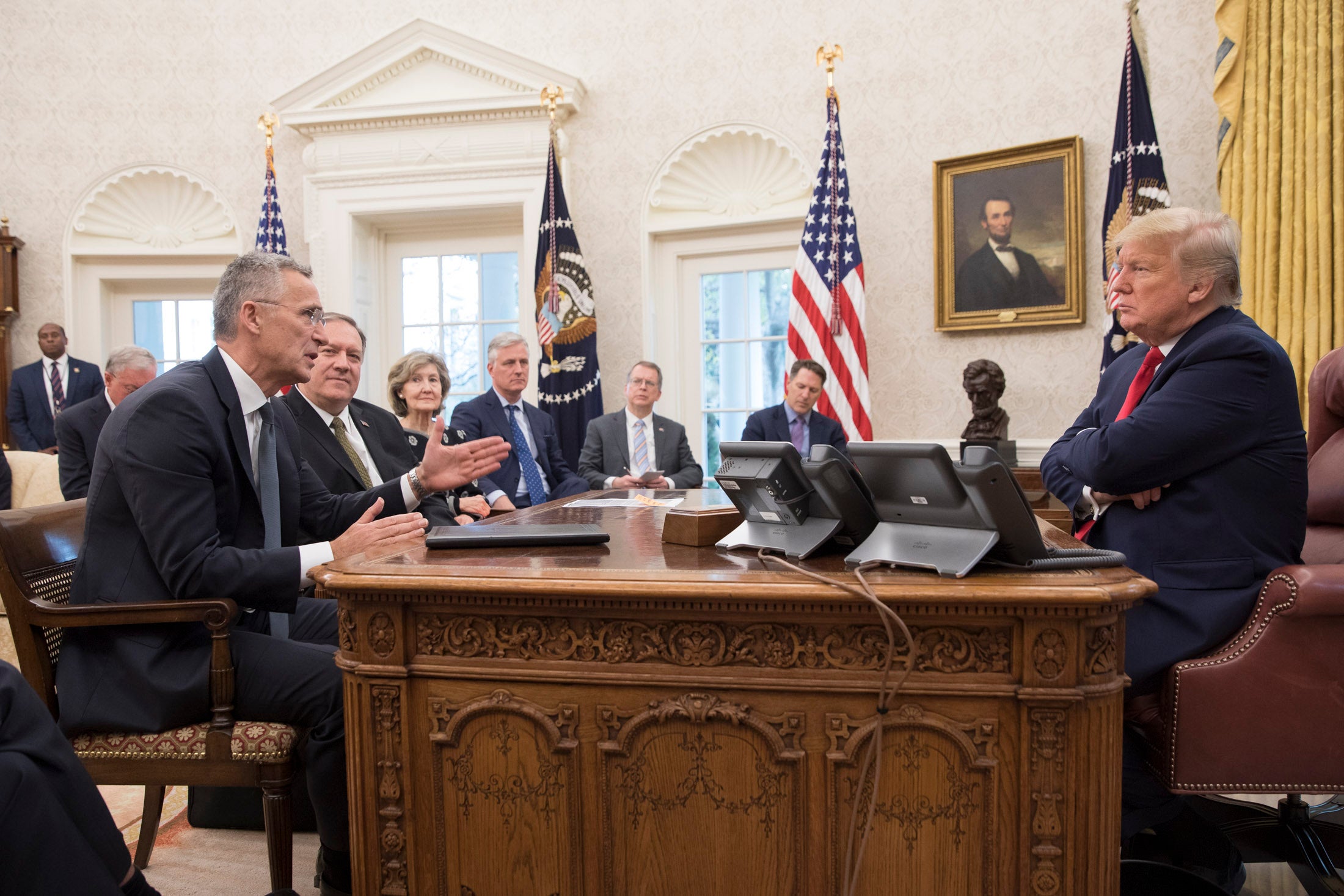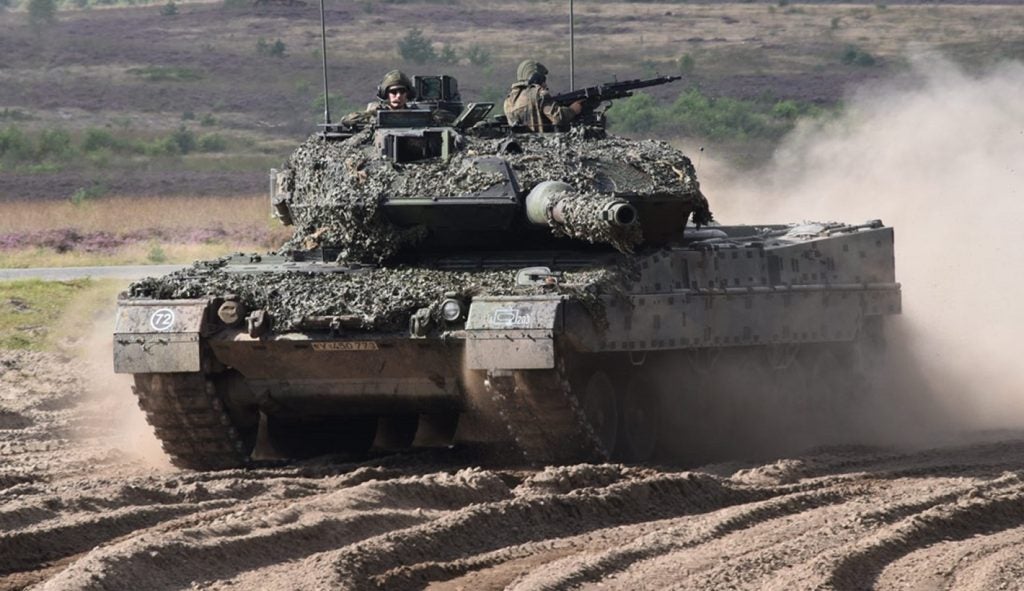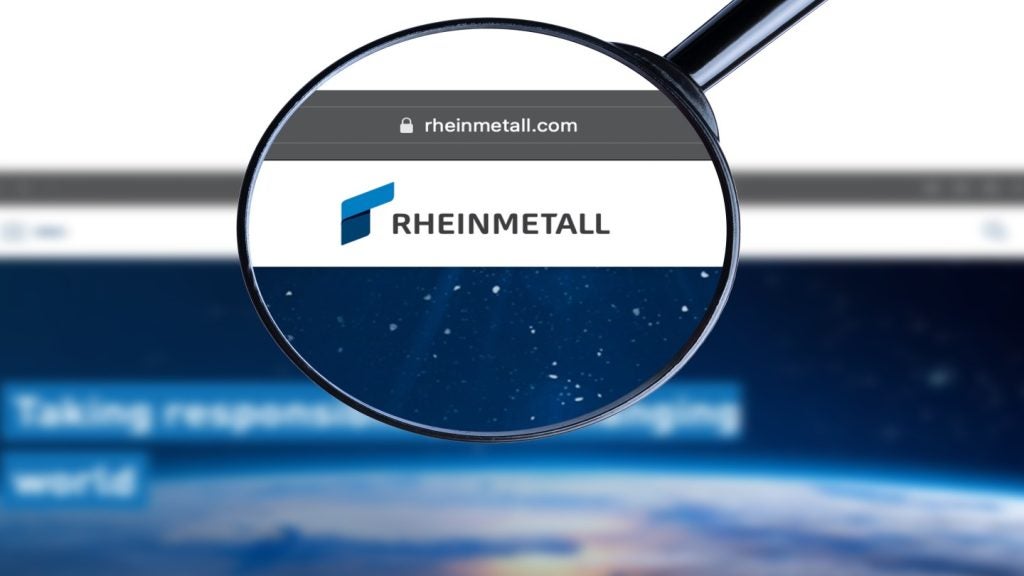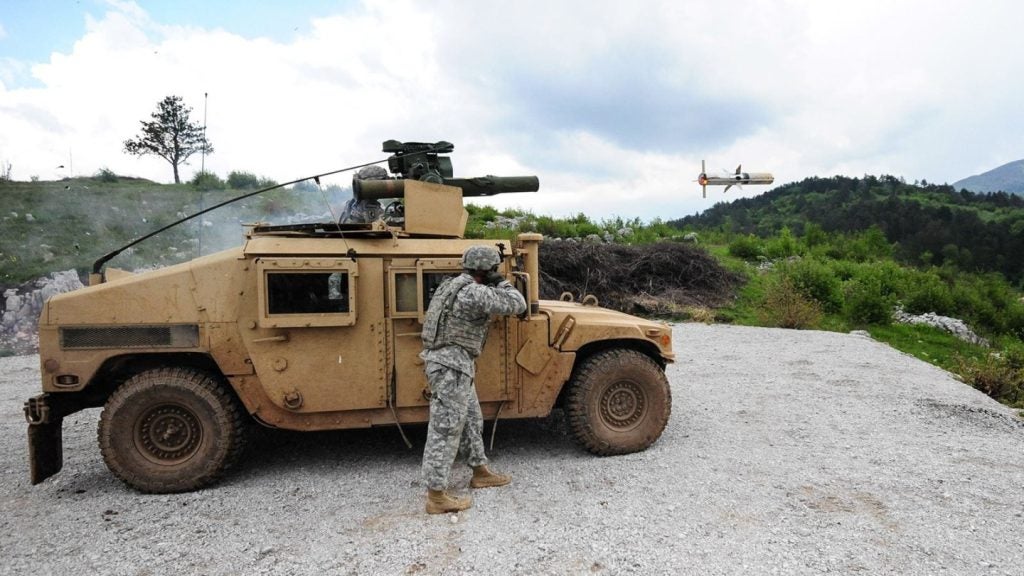
Vass added that while a Biden presidency will see a strengthening of the relationship between the US and European NATO countries, Europe should maintain its commitment to increasing levels of defence spending and pushing for more strategic autonomy.
He added that in the first years of the Biden presidency, the US would likely have to focus on ongoing domestic issues, meaning that for the West to maintain leadership on the world stage, the US and Europe will have to work together more closely to promote their ideas.
Vass also said that President Biden should take steps to tighten the relationship between the US and the European Union, suggesting that on his first trips to Europe the incoming US President should visit and meet with the European Commission.
The thinktanker explained that under the Trump administration, there had not been a change in NATO norms but rather the language and communication had become more ‘assertive’.
Vass told Army Technology: “We can see that as a consequence of that language and the threats that Donald Trump made; European allies were able to wake up and actually agree on a very credible plan to increase defence spending across Europe that has been happening, and I think it will continue.”
Despite hopes of a return to ‘transatlantic romanticism’ under a Biden Administration, Vass said he was concerned that the ball was now in Europe’s court to maintain its prior commitments to defence, and not rest on laurels of expecting the US to be there to protect Europe.
How well do you really know your competitors?
Access the most comprehensive Company Profiles on the market, powered by GlobalData. Save hours of research. Gain competitive edge.

Thank you!
Your download email will arrive shortly
Not ready to buy yet? Download a free sample
We are confident about the unique quality of our Company Profiles. However, we want you to make the most beneficial decision for your business, so we offer a free sample that you can download by submitting the below form
By GlobalDataVass explained: “We need to be very careful because I think that the ball is on the European side. Whoever is in the US administration, it is clear that we cannot sleep on our laurels. This time, we have to come up with agendas and proposals to the US.
“If Europe would think that ‘okay, we have a nice US administration’ which would mean that ‘okay, they will not be pushing us to make very hard decisions’, it would be very dangerous for Europe.
“The danger is that we will live in in this kind of romantic feeling of hugs and kisses, but, this time, hugs and kisses are not enough. We need common agendas and actions on so many fronts on a global stage.”
During his Presidency, Trump often made vocal criticism of NATO and its European members for not meeting the recommended spend of 2% of their GDP on defence. The outgoing President has also repeated questionable claims about NATO’s funding structure.
In the past, Trump has called the alliance ‘Very unfair to the United States’ and claimed that the US subsidises European commitment to NATO. Trump has also made claims that the US protected Europe at a financial cost to itself.
Trump’s harsh rhetoric on the alliance has, however, lead several member states to up their defence budget and take on a more significant share of the alliance’s common fund. Across the alliance arguments and threats about spending have resulted in European and Canadian allies putting an extra $400bn into defence by 2024.
He suggested that while some may see Biden’s victory as a sign Europe should do less, it was an opportunity for the continent to do more when it came to collective defence and the global stage.
While the current administration may be more friendly towards Europe, and more committed to traditional alliance’s like NATO, Vass added that this might not be the approach of whoever succeeds Biden.
Vass said: “Trump’s administration to some extent was a wake-up call for Europe and there will not be a coming back to the status quo under Biden. I think that the transatlantic relations have changed, and the Europeans will always have in their mind that. Now we have Biden, who we like and a lot of people who understand Europe who supports NATO, but what will happen in four or eight years? Are we sure of what will come later?
“This will mean that what happened during the Trump administration will stay in European heads for a long time. We need more Europe within NATO, we need more European defence, we need to spend more, and there are so many transatlantic gaps that we need to fill in.”
Despite the economic uncertainty currently facing the continent of Europe due to the Covid-19 coronavirus pandemic, Vass added that he expected European NATO members would continue a trend of expanding their defence budgets in the coming years.
He went on to say that the Trump presidency also led European nations to have more discussions about the importance of strategic autonomy and to do more by itself. However, he added that Europe’s push for strategic independence should not come at the expense of NATO, which has long been and continues to be the guarantee of security on the continent.
Vass explained: “If we are talking about European strategic autonomy, we have to say this is not at the expense of NATO, or there will not be parallel structures. And if we are talking about more European defence, it needs to be based on capabilities, not structures; this is very important.
“I think that the last administration was a wake-up call in both good and bad and it will stay with us for a long time. Because it would mean that we cannot depend on the changes in the US government and Europe will need to be able to reassert itself, and it will also be taken more seriously.”
GLOBSEC is a thinktank based in Bratislava, Slovakia that hosts many influential forums focusing on security, transatlantic cooperation through NATO and global affairs. The organisation also focuses on fostering private sector-public sector cooperation on issues, helping NATO to organise several meetings and discussions on emerging technology.
Despite the challenges of the coronavirus pandemic, the organisation was able to host its GLOBSEC 2020 Bratislava Forum and Tatra Summit in person by creating a ‘health perimeter’ around the events allowing the high-level political representatives, experts and other guests to meet in person.
At its 2020 Bratislava Forum, the organisation was also able to bring together the Turkish and Greek Foreign ministers in a move that helped calm tensions between the two NATO countries.
Next year, GLOBSEC is set to start an initiative to create a permanent dialogue structure between the private sector and NATO designed to help the alliance stay ahead of future challenges in defence. Under the plans, the thinktank is set to bring together defence contractors, academia, technology companies and the alliance through an independent forum.







